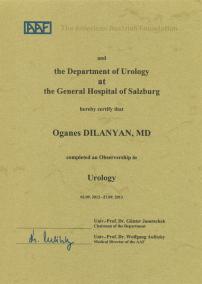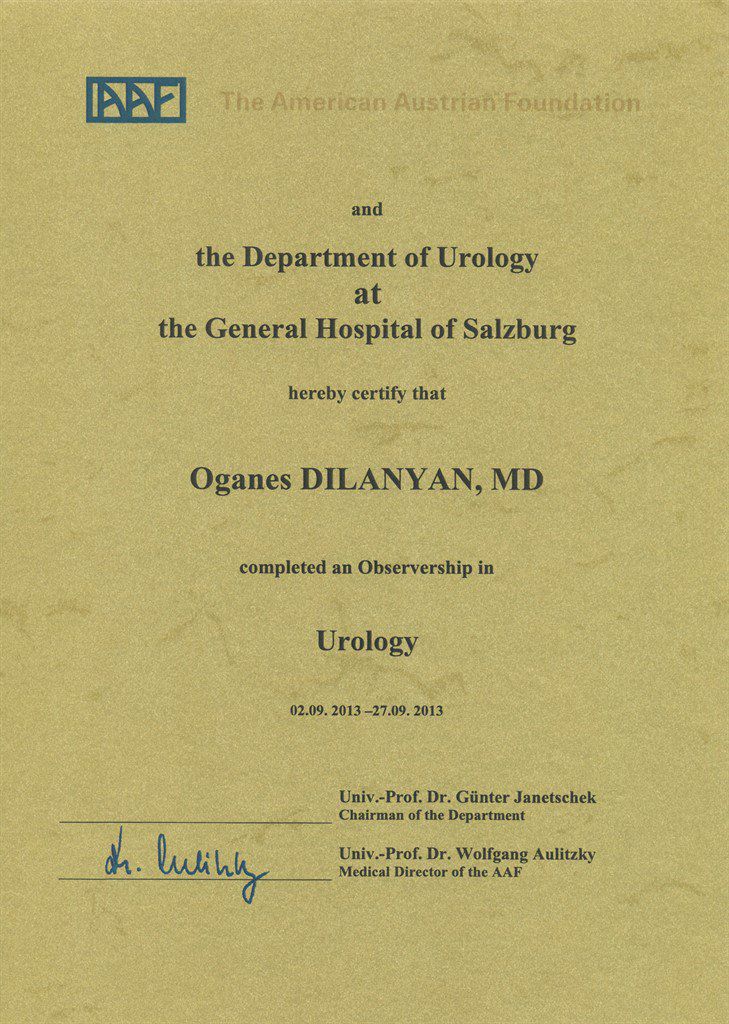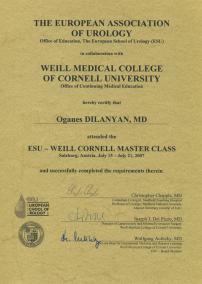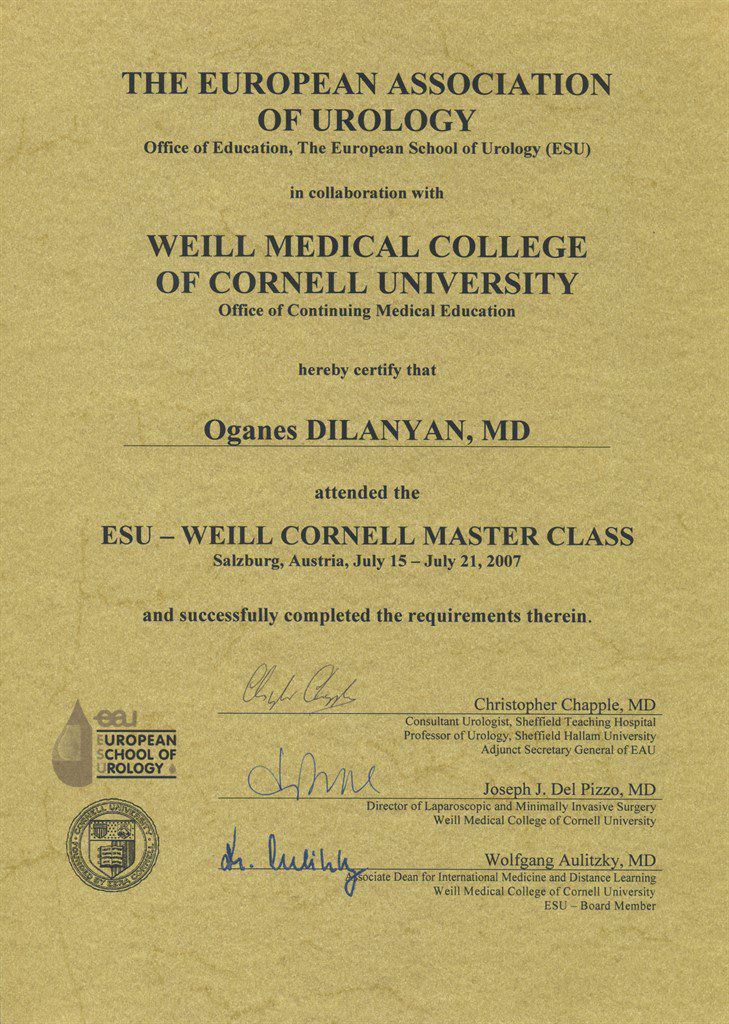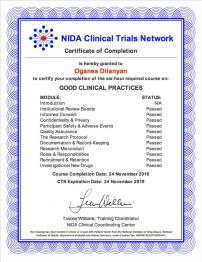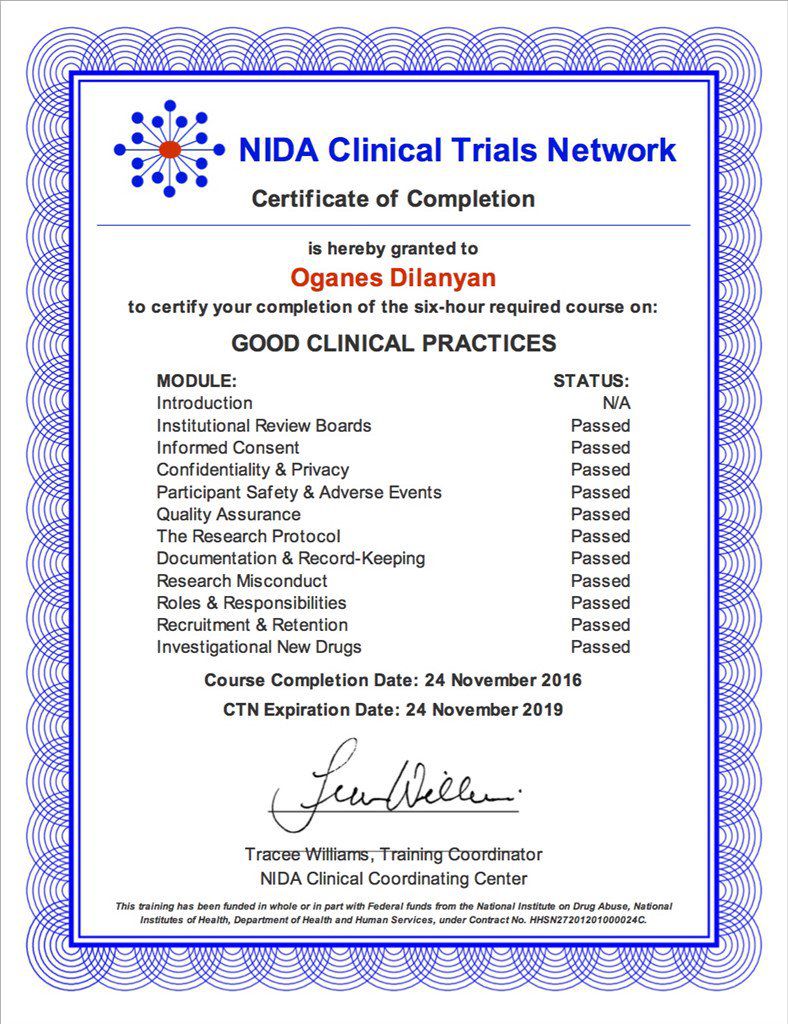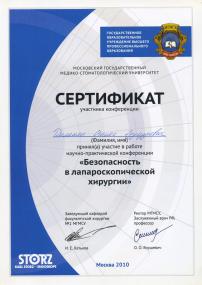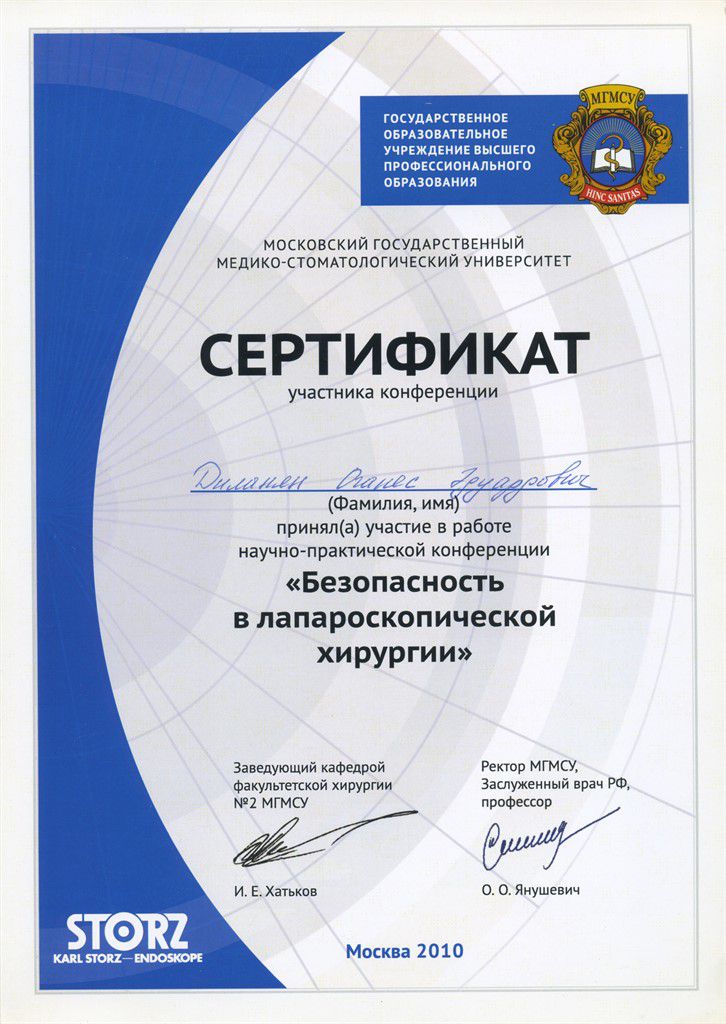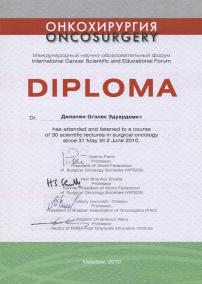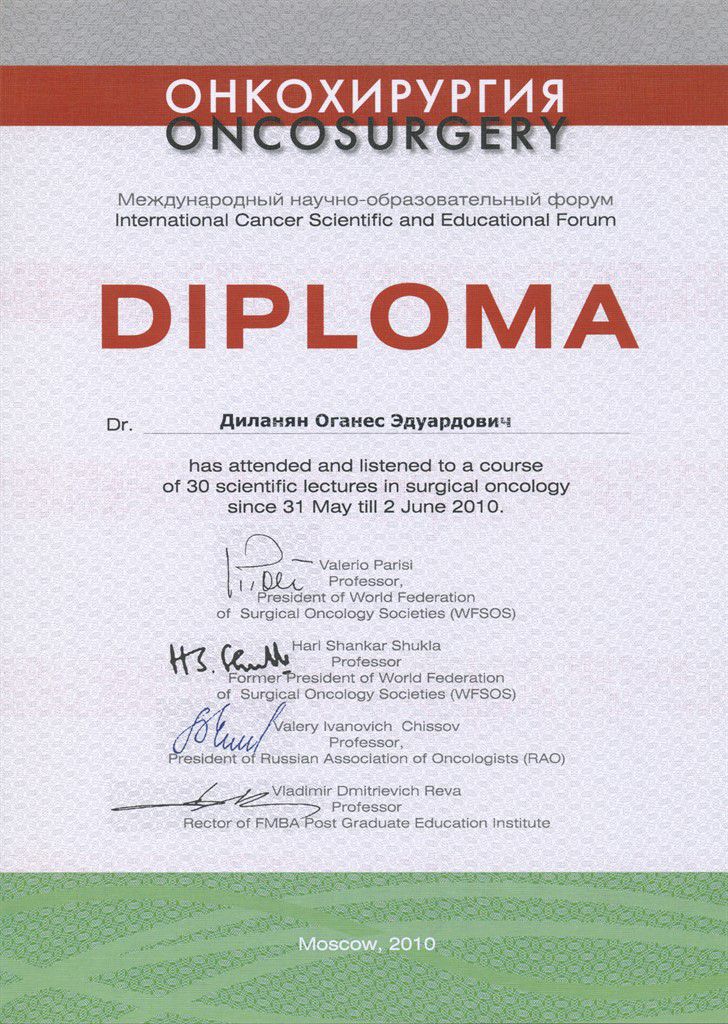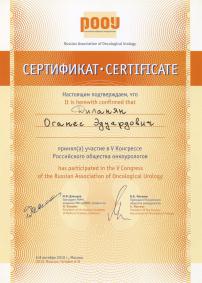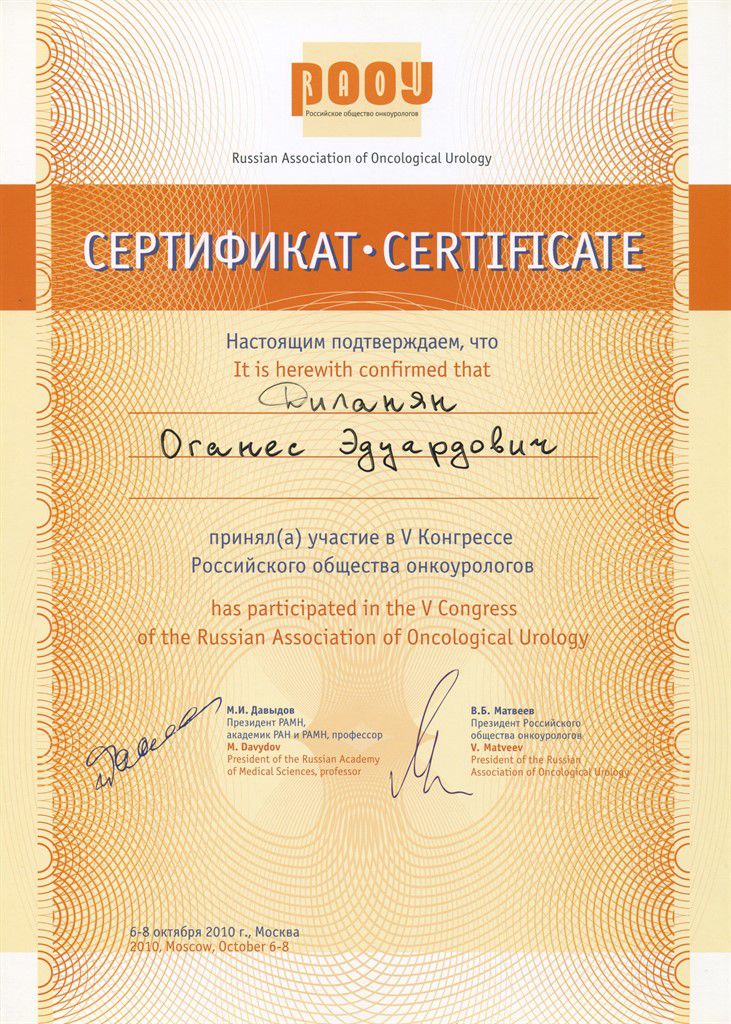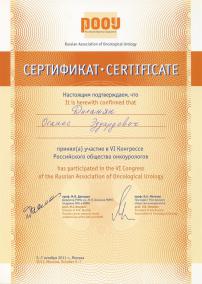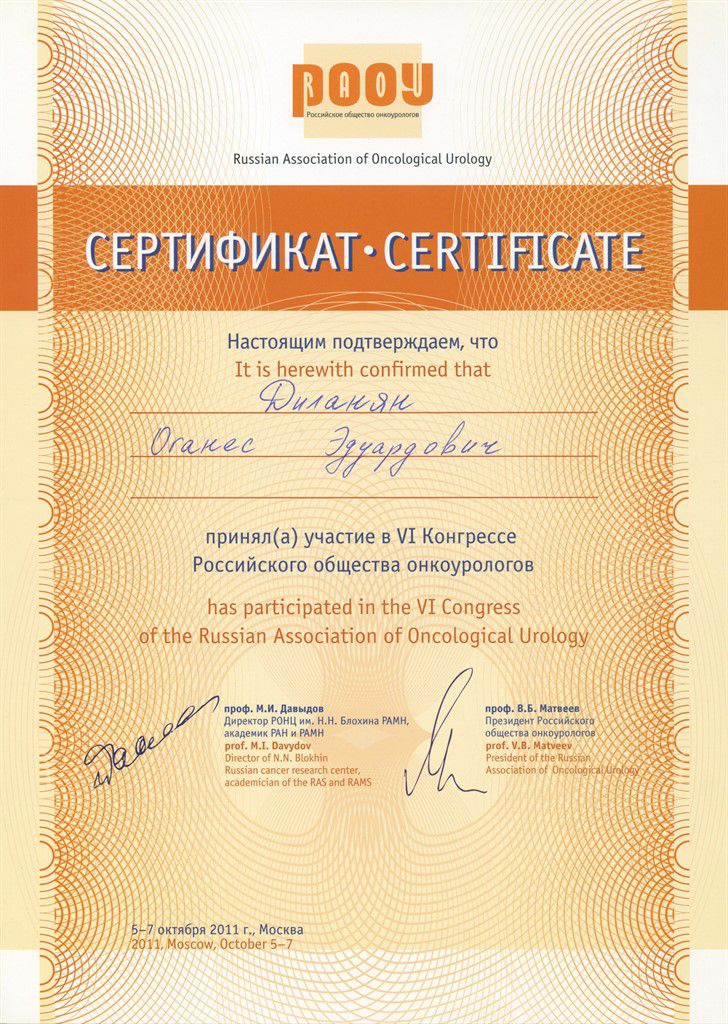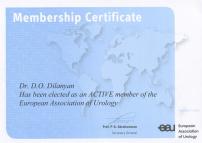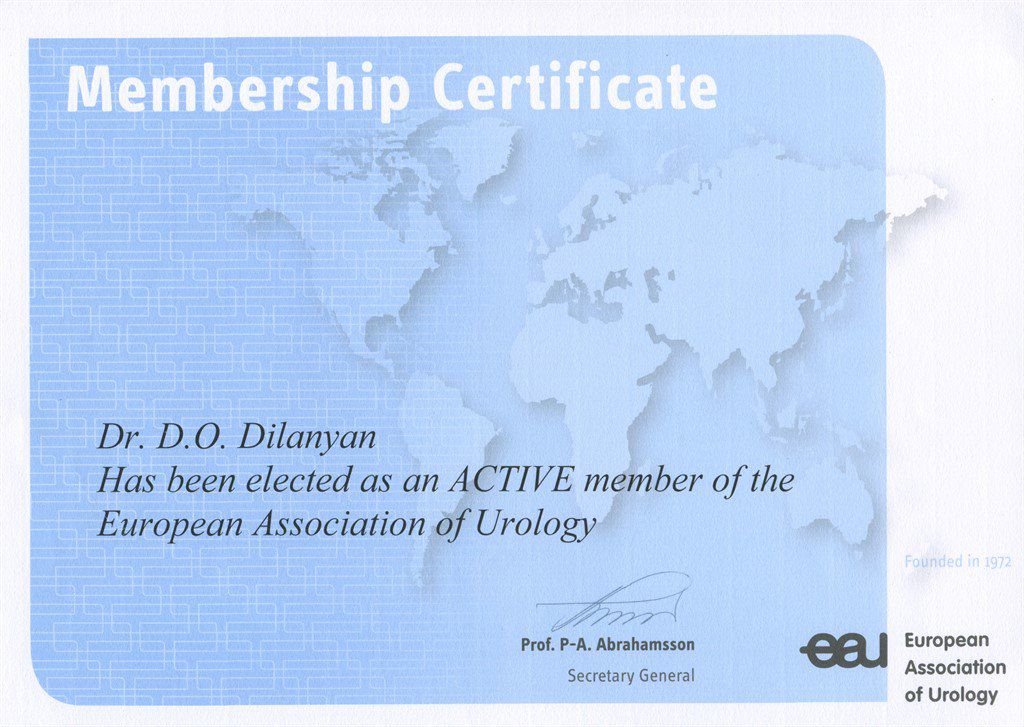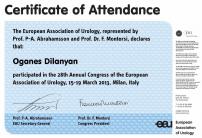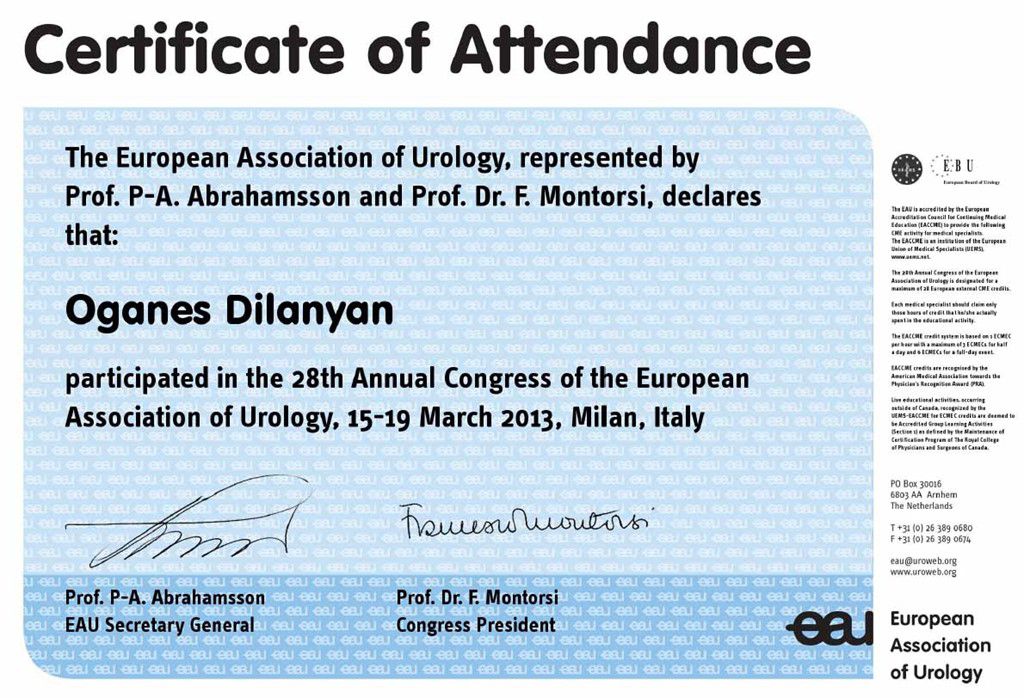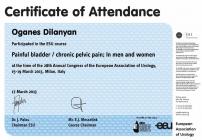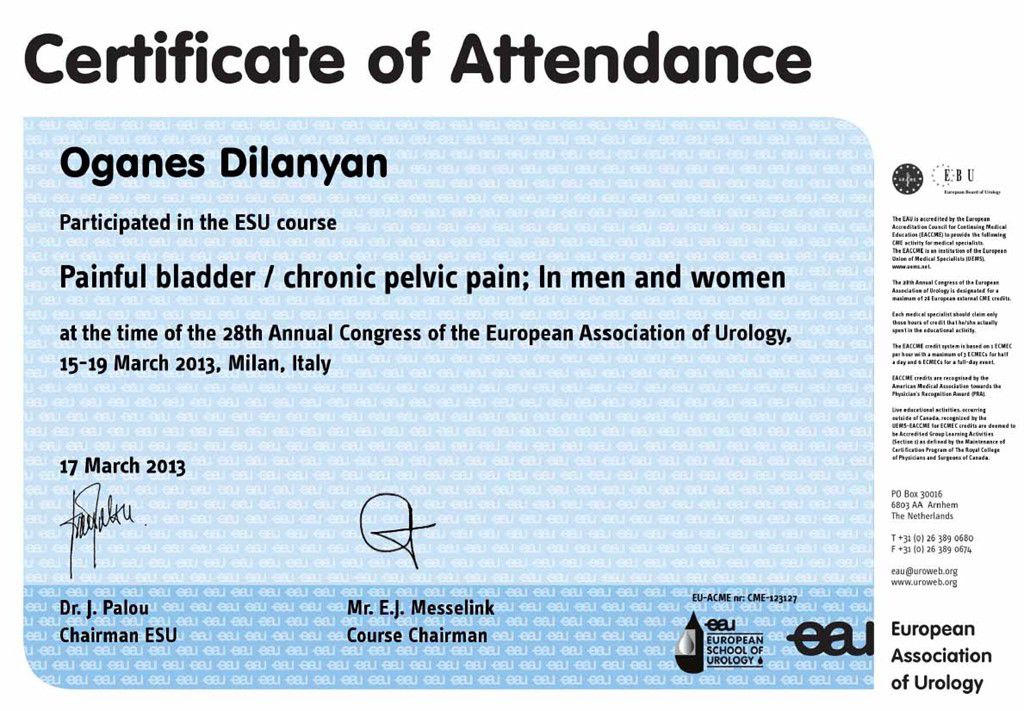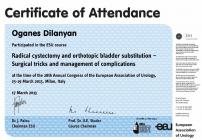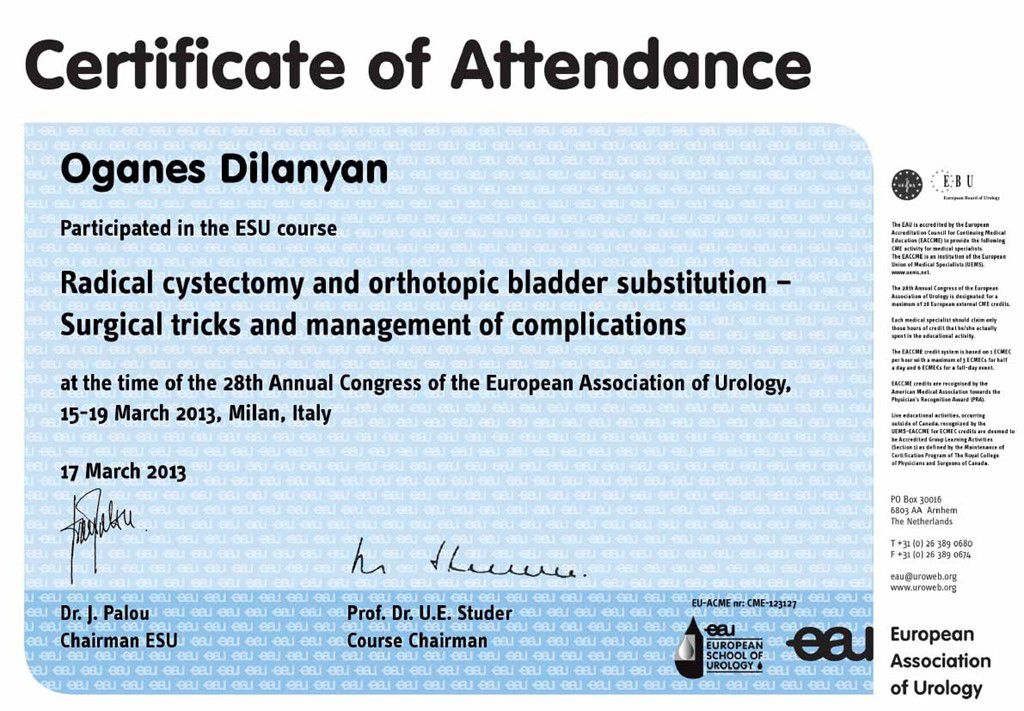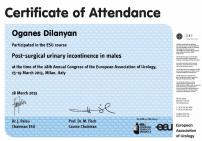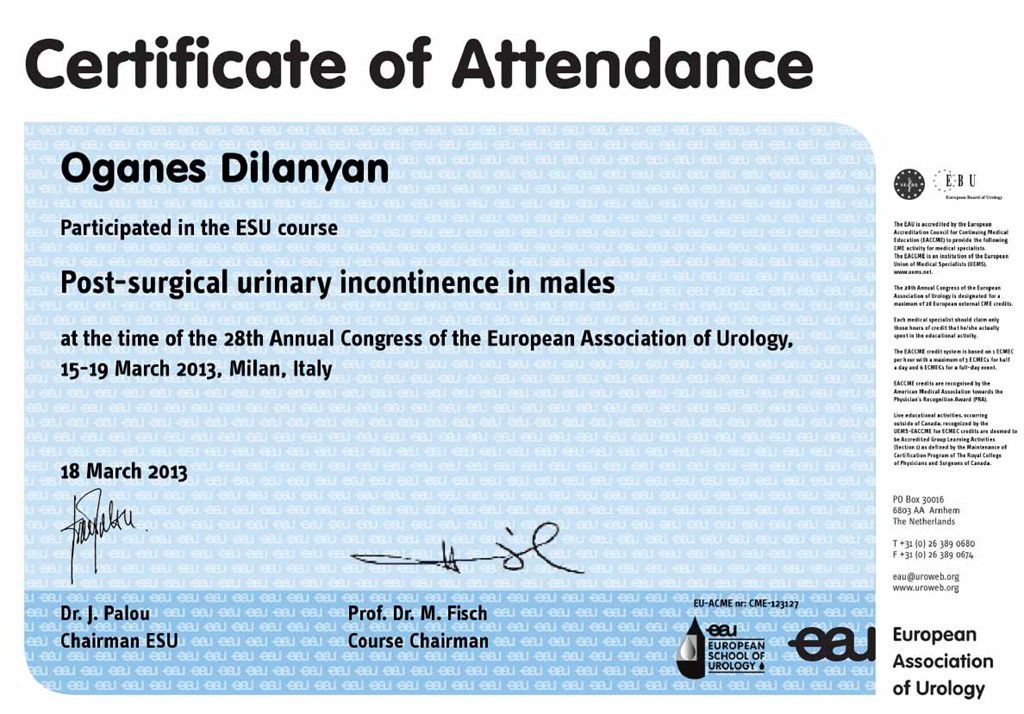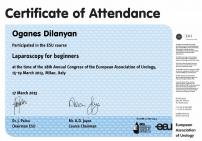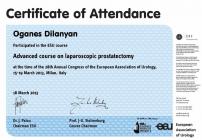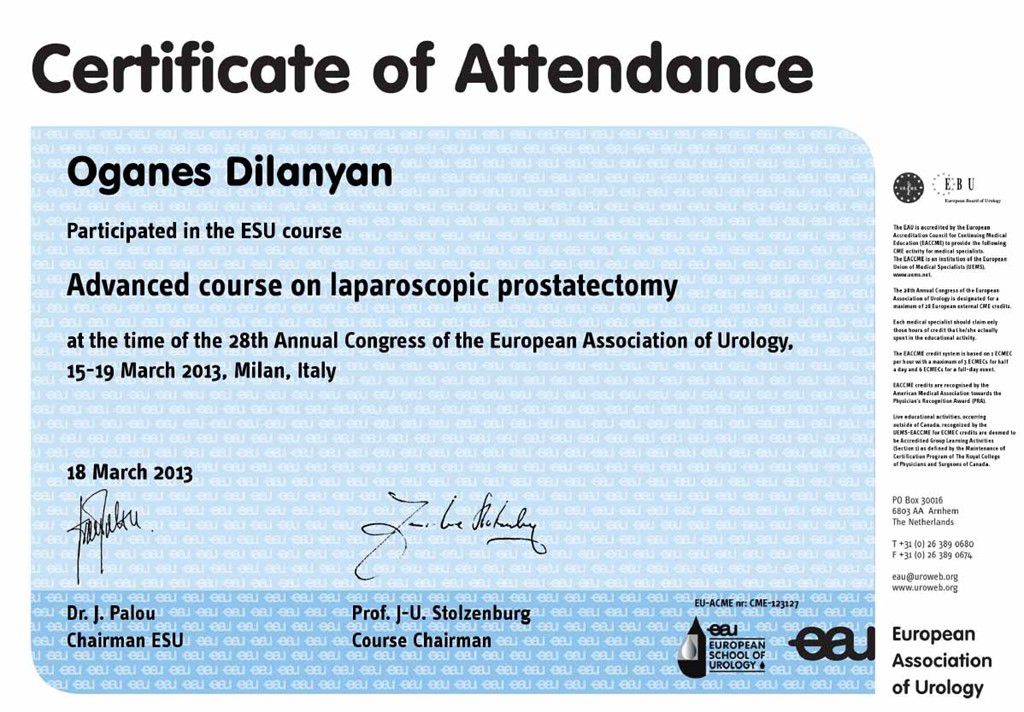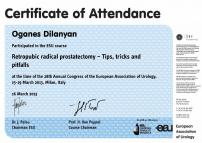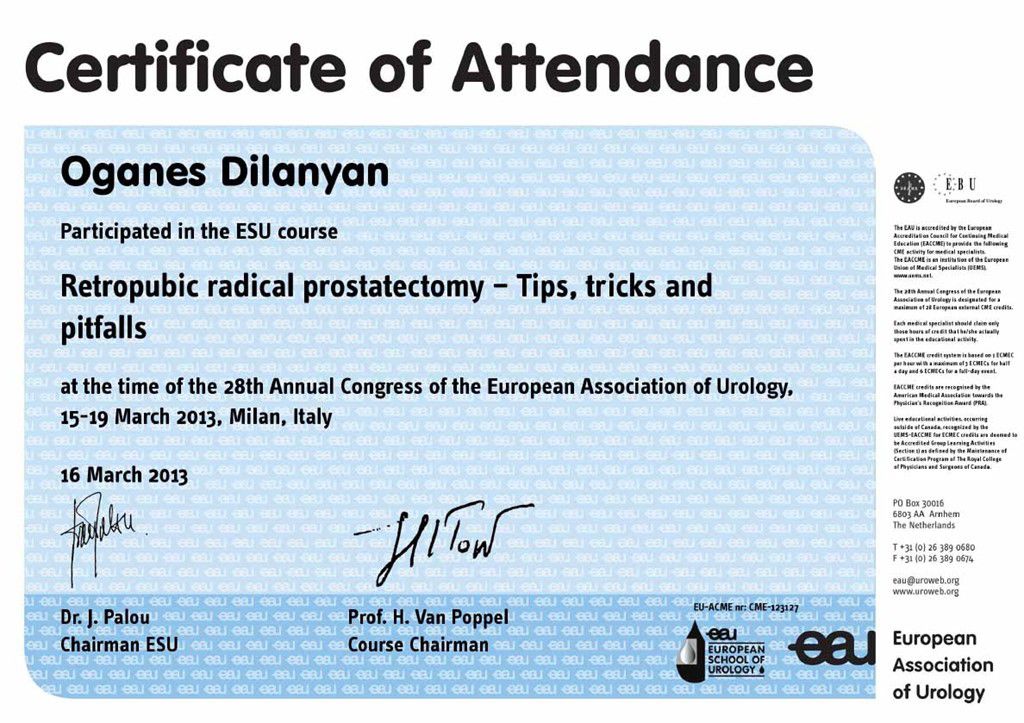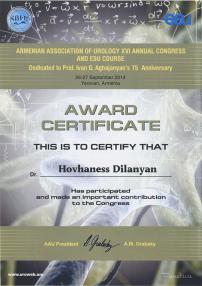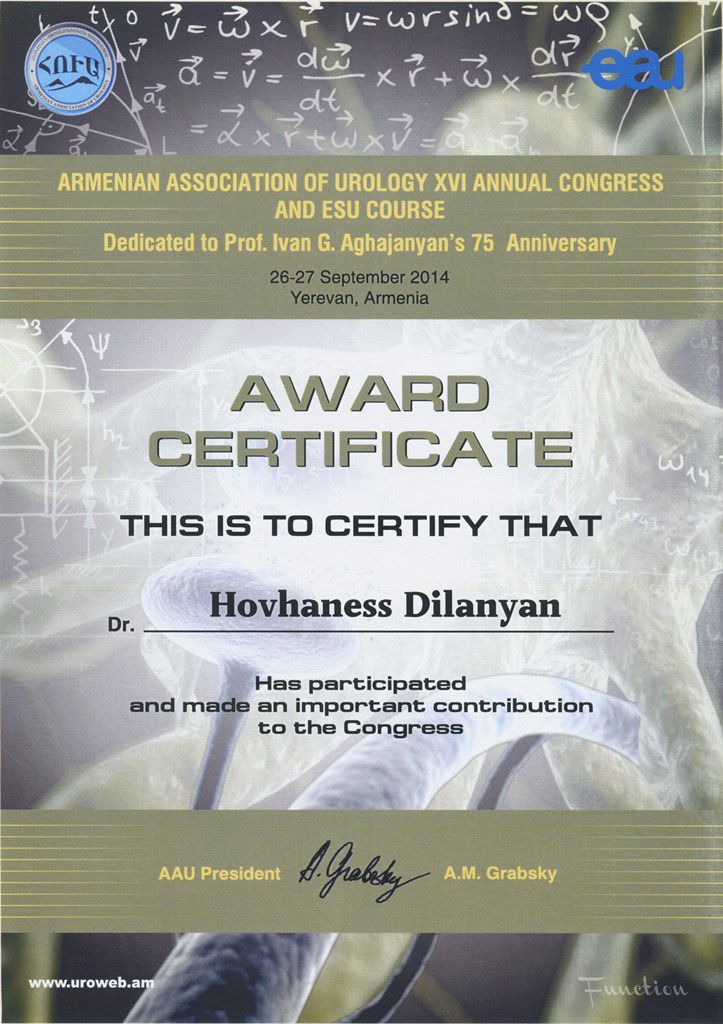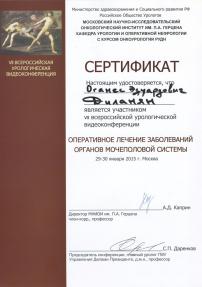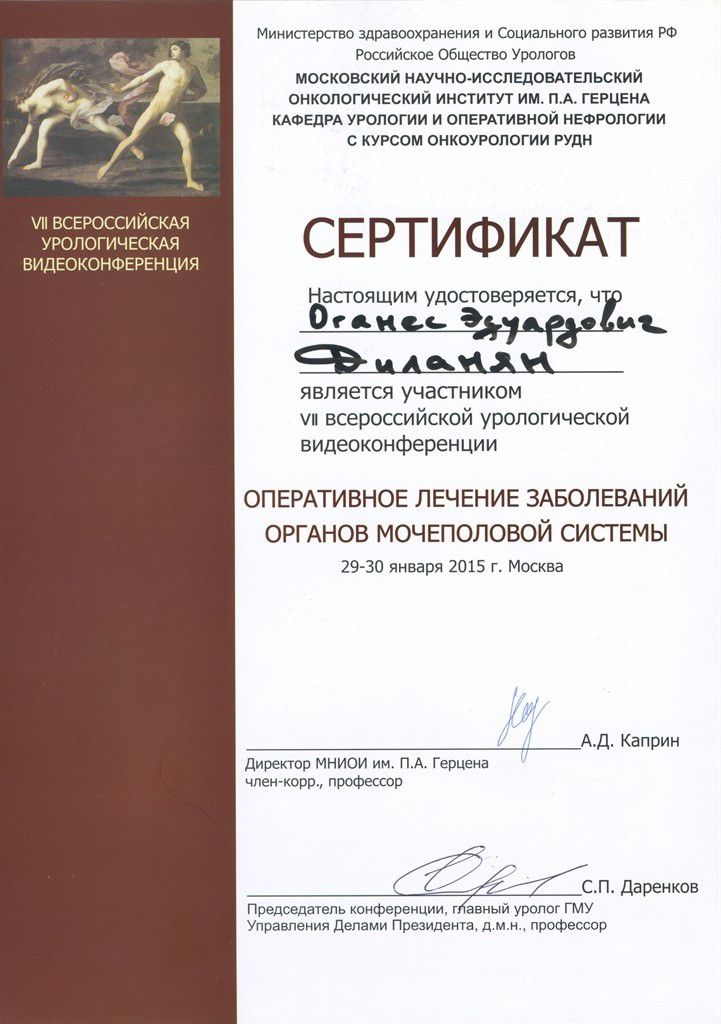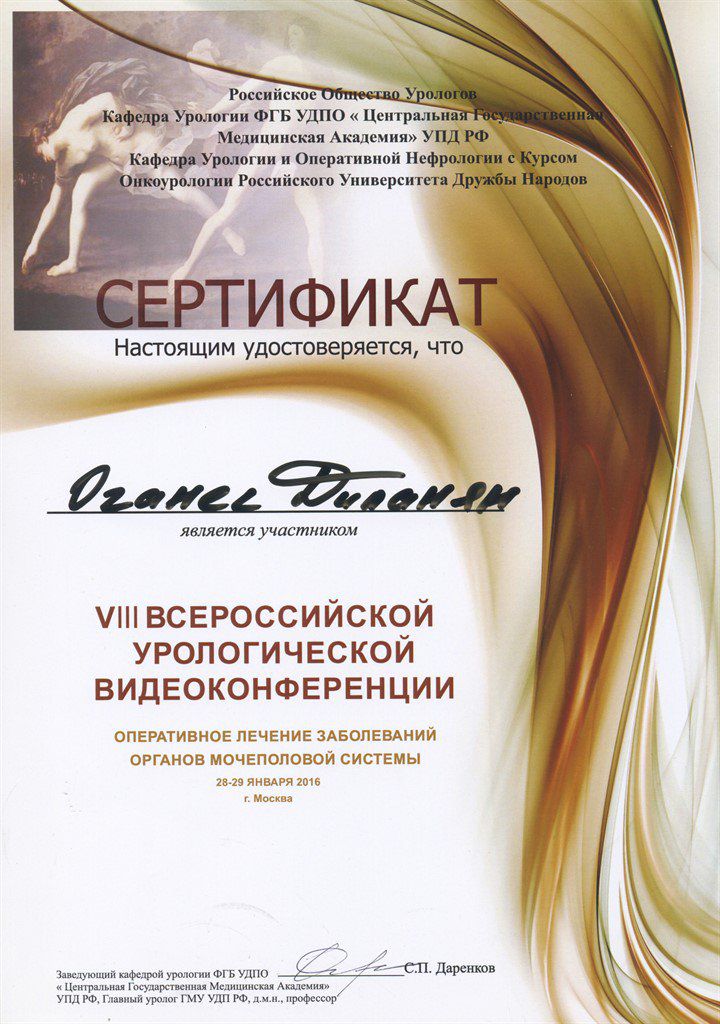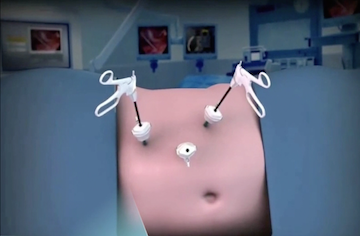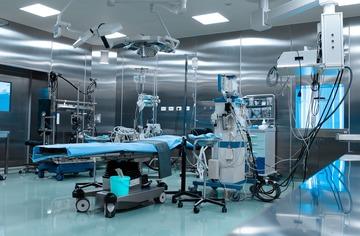Kidney tumour removal
Kidney tumour removal, also known as kidney resection is an organ preserving operation aimed at treatment of early stages of kidney cancer.
How is the kidney resection surgery carried out? What to choose: open surgery or laparoscopic resection? What is the post-operative period like? What are the chances of a relapse following kidney tumour removal? You will find the answers to these questions in this article.
Kidney resection surgery
I guess it can be very strange to hear your oncologist urologist confirm the terrible diagnosis of “kidney cancer” but at the same time say that there is good news as well: the kidney can be saved. Every time when the patient’s computer tomography results show that it is technically possible to remove the tumour while saving the organ…well…basically it is much better than removing the kidney. This is why I tell my patients with first stage kidney cancer the good news because the resection surgery does not make them an invalid.

Cancer diagnosis by itself is terrible news and quite an ordeal which requires the patient to gather all their strength and fight the disease. But if we detect the tumour in its early stages we can help the patient without having to remove the organ and it is very important because God created us with two kidneys. The situation becomes more complicated if the patient’s only kidney is affected by cancer. Here our only option is to perform the resection and hope that the cancer will not come back.
Kidney tumour removal operation is the gold standard of treatment for first stage kidney cancer.
But sooner or later surgeons will go back to open surgery”
Erroneous statement of a well-known professor
Methods of kidney tumour removal
Open Surgery
This is a standard method of kidney tumour removal which is performed in most hospitals. This method however has several disadvantages:
- 20 cm incision.
- Cutting through the skin and 3 layers of muscle.
- High risk of significant blood loss.
- Post-operative peritoneal adhesions following tumour removal surgery.
- Scarring and risk of hernia.
- Lengthy recovery.
Laparoscopic resection
This is a modern surgical method of tumour removal and is performed in well-equipped hospitals. This method has the following advantages:
- Minimal trauma: resection is performed using very small incisions.
- No cutting through skin and muscle.
- No blood loss.
- No peritoneal adhesions.
- No scarring and no risk of hernias.
- Recovery only takes a few days.
EAU Guidelines
Laparoscopic kidney resection
Let us imagine that to remove a kidney tumour which is only 5-6 cm in size we need to make a huge incision, cutting through the skin, the subdermal fat layer, damaging 3 layers of muscle, then isolating the tumour…During each of those steps there is a risk of damaging the nerves and blood vessels which afterwards will be the cause of pain and possibly of another operation due to development of post-operative hernia. What is even worse is that open surgery leaves abdominal cavity wide open to bacteria and the internal organs coming into contact with air start drying out. This leads to infection and peritoneal adhesions.
It is not surprising that following open surgery kidney resection patients spends 7 to 12 days in hospital having to take painkillers and overall recovery period sometimes lasts up to six months.
As for laparoscopic kidney resection, the surgery is performed without large incisions, and only 3-4 small incisions are made. Internal organs never come into contact with the environment and this helps avoid most complications. On average the patients spend 2,5 days in hospital following laparoscopic surgery and can go back to work 2 or 3 days later.
Advantages of laparoscopic surgery for kidney tumour removal - video
Kidney resection: Post-operative period
Post-operative period following kidney resection has its own set of features. We tell each patient about them because without full patient-doctor cooperation it is impossible to get the best results.
Kideny resection: Post-operative period
Following laparoscopic surgery pain should not be expected. According to EAU data level of pain following this type of surgery is accessed to be no higher than 3 on the scale of 1 to 10. This means that most patients do not require pain relieving injection and only sometimes ask for a painkiller pill.
Is has been demonstrated that blood loss following laparoscopic surgery is minimal and does not affect the patient’s general condition. This is due to 10-fold magnification of the operating field which helps avoid blood vessels.
One of the main goals of fast-track surgery is to get the patient to be up and about as soon as possible. Because we use safe 6th generation anaesthetic our patients are up and about on the day following the surgery without feeling unwell.
As the abdominal cavity remains closed during laparoscopic surgery the germs simply can’t get in and cause infection.
After open surgery the patients are advised not to lift heavy objects for six months. This is due to hernia risk. Laparoscopy helps avoid this risk. No cut-no hernia.
Two or three days after laparoscopic kidney tumour resection the patient can be discharged home. They can go back to work after a week.
Laparoscopy is the modern method of kidney tumour removal.
Following kidney tumour removal
Certain rules must be observed following kidney tumour removal. We insist on this as they are quite literally written in blood and behind them are patients’ lives.
Following kidney tumour removal
Nicotine addiction is the main risk factor for both the development of kidney tumours and relapses following kidney tumour removal surgery.
It has been proven that obesity is an important factor in causing kidney cancer. This is why our patients are followed up by a dietitian after kidney tumour removal.
Hypertension is also one of the risk factors for kidney tumours. This is why we work with cardiologists to control this condition.
Our patients are invited for a thorough check-up every six months because we think and it is not acceptable to send cancer patients to unknown clinics.
It is important to know that kidney ultrasound following kidney tumour removal can help prevent relapses. Therefore ultrasound quality is very important.
Every six months we decide together with the patient which tests they need to have. Not every patient needs a CT scan.
Oncological prognosis following kidney resection
Prognosis following kidney tumour removal is usually good. But cancer awareness is the main principle of patients follow up after kidney cancer treatment. Here is one simple rule: follow up tests after kidney cancer treatment need to be based on risk factors for a specific patient and on the treatment they had. We use individual approach with all of our patients.
Professional Approach: Up to date cancer treatment in accordance with recommendations of the European Association of Urology.
Our team: Specialised science-based oncology and urology team.
Board of doctors: Every patient is assessed together with the oncologist, radiologist and chemotherapy specialist to choose the correct course of treatment.
Equipment: Karl Storz, Covidien and Philips Medical equipment for most precise diagnostics and effective treatment.
Comfort: no queueing or waiting for a consultation and premium inpatient facility with professional care.
Safety: we only use methods recommended by professional associations such as EAU and AAU.
Result: Precise diagnosis and effective treatment of cancerous conditions.
We are also GCP certified, which confirms we provide the highest standards of diagnosis and treatment.
Still have questions?
Our guarantees
- We guarantee your safety by using modern and highest quality anaesthesia manufactured in Austria or France.
- We DO NOT USE low quality equivalents of any drug which significantly lowers the risk of any complications.
- Over 12 years of experience ensure precise diagnosis and effective treatment
- We DO NOT REFER our patients to unknown clinics for follow up and further treatment and provide outpatient follow up as well as inpatient treatment.


